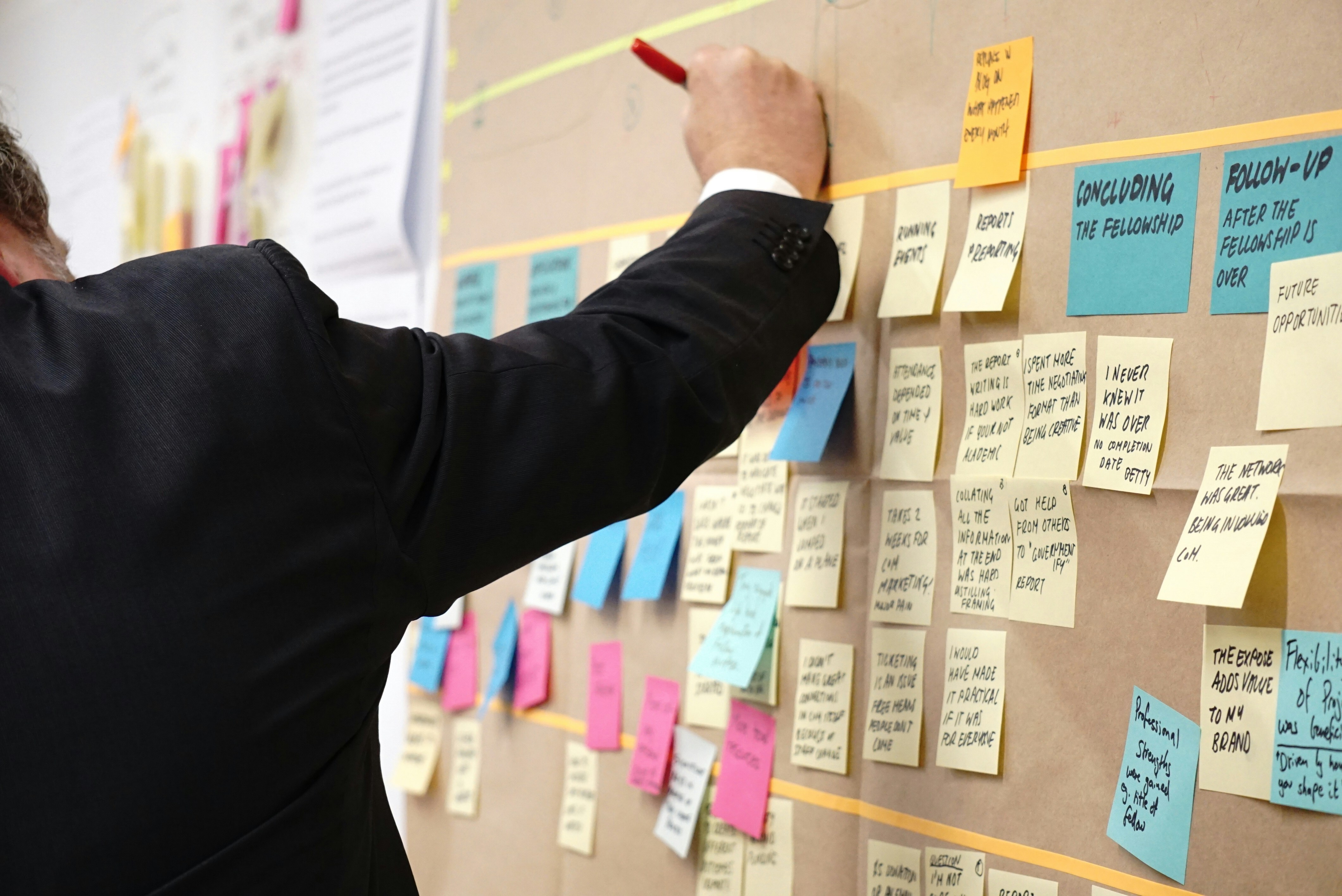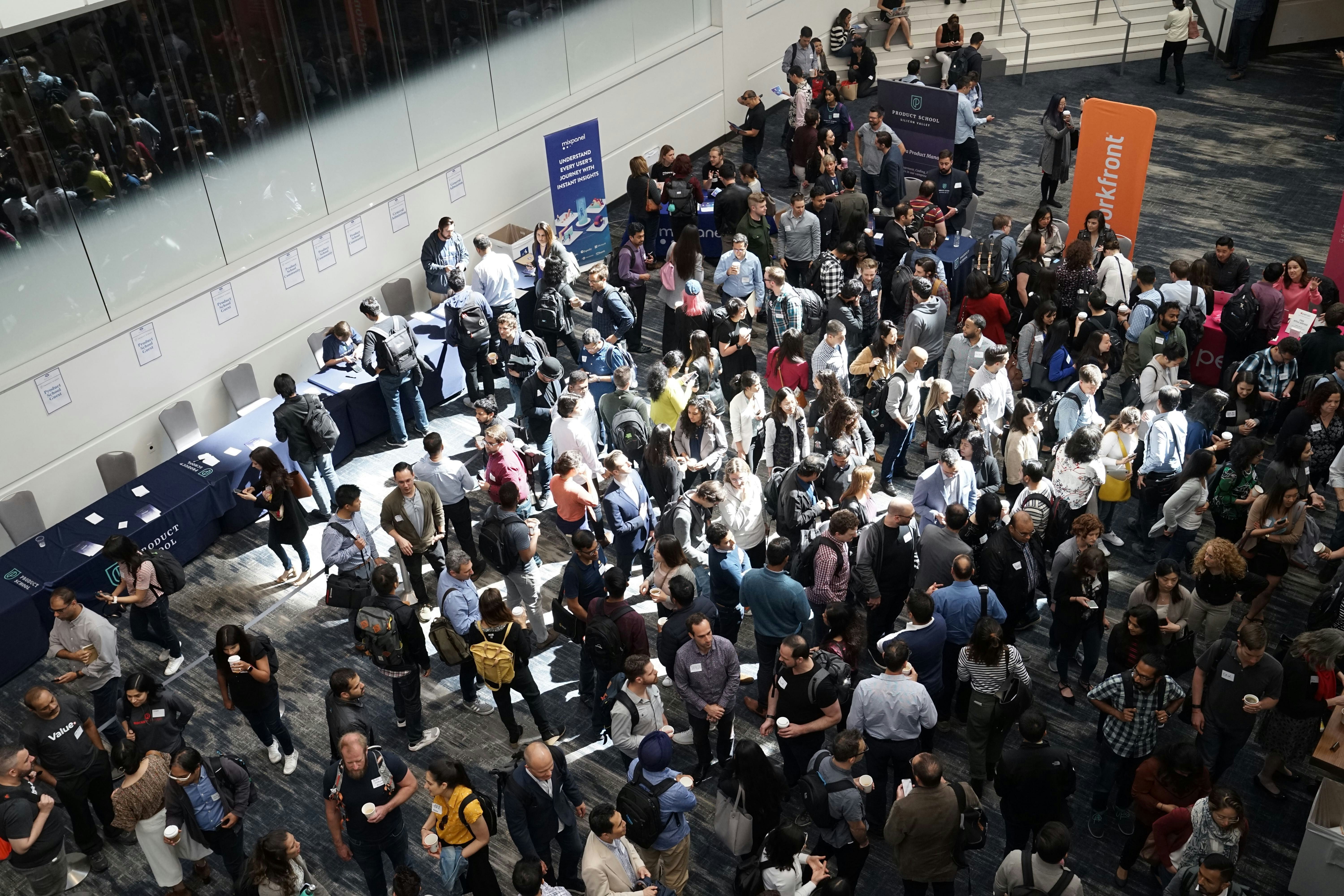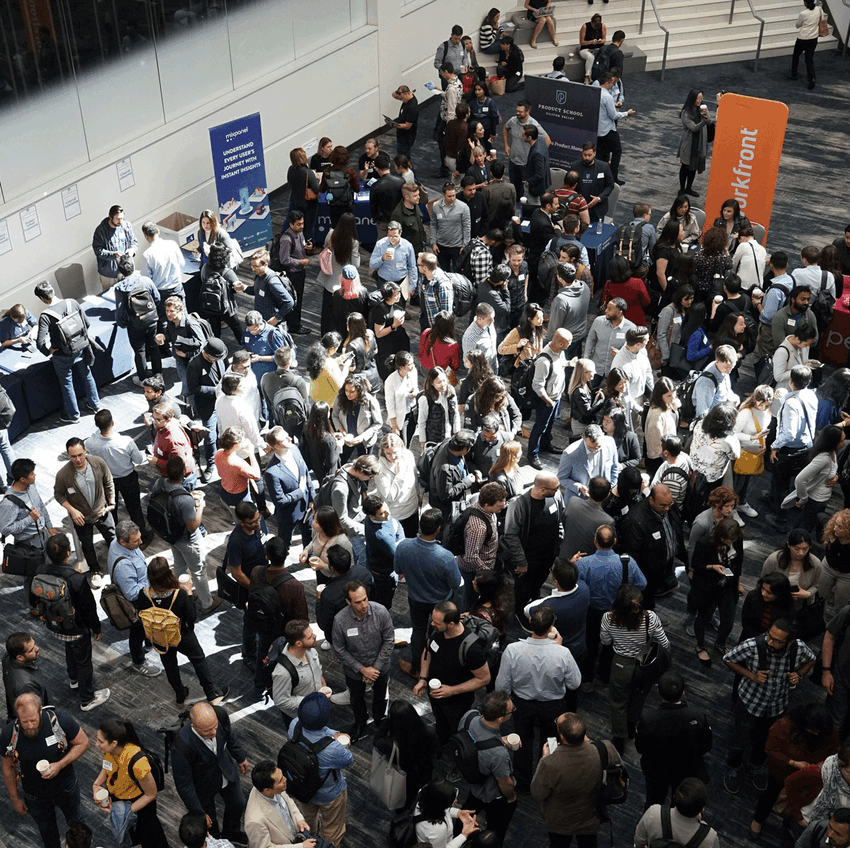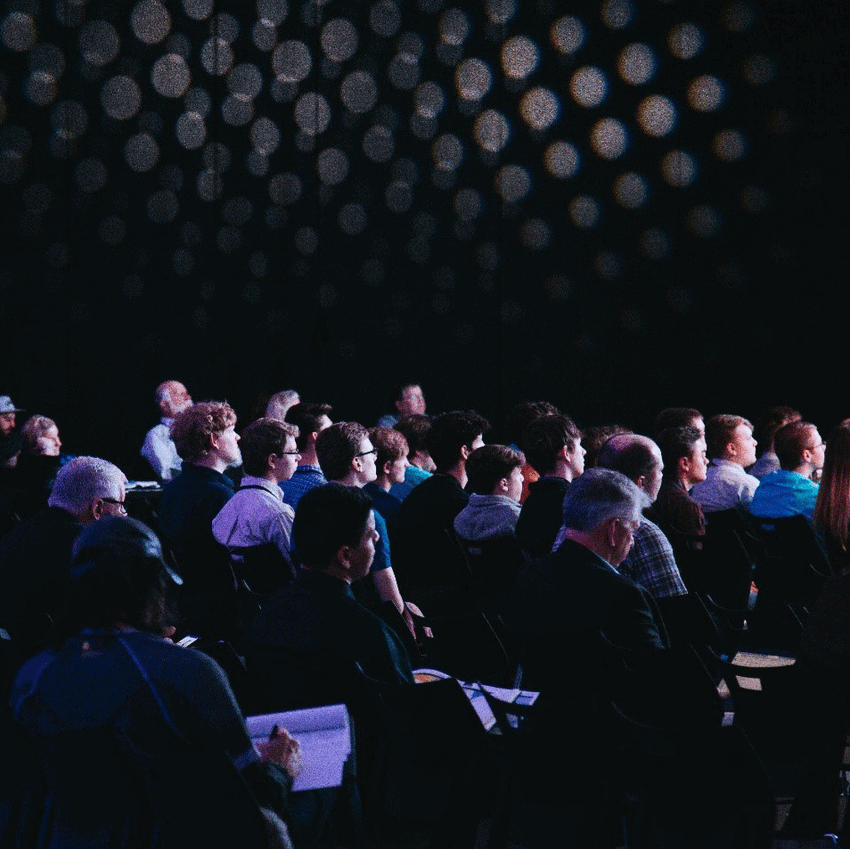The world of corporate events is wide and varied. It’s where professionals connect, ideas flourish and industries evolve.
What are corporate events?
Corporate events can serve various purposes depending on the company, the goal of the event and the attendees. These events range from small meetings to large conferences. They can include seminars, workshops, trade shows as well as corporate retreats. These events enable networking, knowledge sharing and team building, to name a few.

Types of corporate events
Corporate events encompass a range of event types which all serve a different purpose for different audiences. From small corporate retreats to large scale, multi-day conferences. So, what are all the different types of corporate events and what is their purpose?
- Corporate workshops

Workshops are hands-on education sessions for small groups of people. They use activities and group work to facilitate learning and enhance skills. Workshops also enable attendees to bond with colleagues or strengthen industry relationships through knowledge sharing and group activities.
- Business conferences
Conferences are large-scale events. They focus on one industry and cover topics ranging from industry pain points to new innovations. Conferences offer a wealth of learning opportunities through keynote speeches, breakout sessions as well as networking opportunities.
- Product launches
Product launches are organized when a company has a new product or service hitting the market. They aim to create excitement among potential customers, generate buzz in the press and showcase the new product. A well-executed product launch can lead to increased brand awareness and sales.
- Trade shows
Trade shows are a great opportunity for companies to display their newest products or services to perspective buyers. This allows them to present fresh and exciting offerings directly to potential clients and partners in a face-to-face setting.
- Corporate retreats
Corporate retreats gather leaders and/or teams under one roof for team building, bonding or business planning days. Retreats are usually organized outside the usual workplace to enable bonding over shared experiences and strengthen interpersonal relationships at work. The aim of a corporate retreat is to foster creativity, strengthen team bonds and promote camaraderie.
- Team-building events
Team-building events are where teams are encouraged to work towards a common goal—usually over one or two days. They often comprise of scavenger hunts, group sports or other activities that make people work towards a common goal and build team bonds. They’re designed to encourage and grow cohesion and morale in teams and across businesses. The main objective of team building events is to foster a sense of unity and improve overall team dynamics.
- Business dinners
Business dinners are formal events that allow colleagues, clients and partners to network and build relationships in a setting outside the workplace and bond over good food. These events can be used to celebrate achievements for individuals or businesses like awards evenings. And they can also be an opportunity to discuss future plans for a business or industry or strengthen business relationships.
- Charity events
Charity events in a corporate setting are organized to support good causes in the local community or country and can take the form of silent auctions, galas, dinners and raffles. They not only help companies fulfill their social responsibilities, but also enhance their reputation and build stronger relationships with their customers and partners.

Planning corporate events
If you’re new to the events industry, starting to plan corporate events can be a daunting task. Here’s what you need to consider when planning any corporate event.
- Define your objectives
Corporate events need to have a clear aim and focus. What do your attendees want to get out of this? Is it team building? Upskilling? Clearly outline what you want to achieve with your event and have a clear objective.
- Know your audience
A cookie-cutter approach doesn’t work anymore. Attendees want a personalized experience at events. Your attendees will want an event that’s worth taking time out of their busy schedule for. Tailoring the event to the needs and interests of your attendees is paramount. This includes accessibility needs and dietary requirements. Knowing your audience can mean knowing what sector they work in, what part of the world they live in and their job title.
- Choose the right venue

A venue for a corporate retreat will be very different from a venue for a trade shows. Make sure the venue fits the needs of your attendees and facilitates the goals of your event, making sure you choose a location that aligns with your event’s theme and size.
- Use technology wherever you can
Technology can be your best friend—it can make your event planning, data and feedback collection a dream. You can use a plethora of digital tools for registration, engagement, and feedback. Partnering with event technology companies such as Cvent can offer new and exciting ways to analyze your data and manage your event.

- Don’t forget to promote your events
Make sure everyone knows that your event is happening. Social media is a powerful tool to share information as well as email marketing. Using social media sites such as LinkedIn can ensure you reach potential attendees and shout about what’s happening at your event.
The importance of corporate events
At IMEX we know that the value of face-to-face interaction is unparalleled. Corporate events foster relationships and create opportunities for collaboration. They’re not just meetings. These experiences can shape the future of businesses. Corporate business events can act as platforms to encourage growth and innovation and have the potential to transform businesses and careers!





